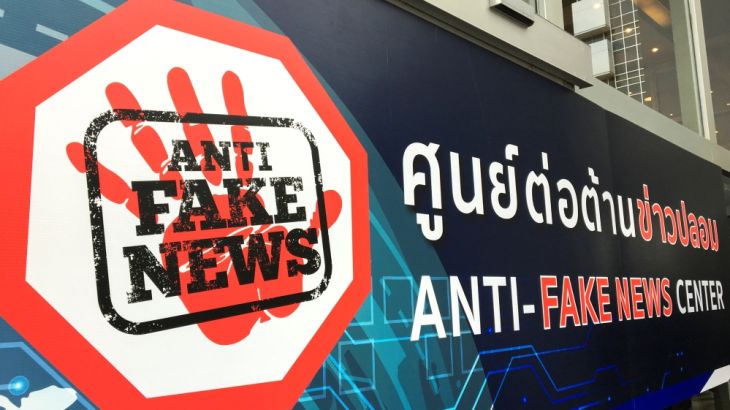
Is there any way to combat fake news and misinformation online?
Can the free flow of opinion and information be guaranteed on the Internet while clamping down on ‘influence campaigns’?
It is an old saying that exists in many languages, but it couldn’t be truer these days: “A lie can travel halfway around the world while the truth is putting on its shoes.”
One wayward video clip, photo or post – with the potential to damage the life of a single person or an entire community – can spread around a country or the entire globe like wildfire.
Keep reading
list of 4 itemsRare deep-sea squid filmed by scientists
Palestinian life under Israeli occupation: An illustrated guideThis article will be opened in a new browser window
Boeing’s jets turn 70: A timeline of highs, lows and turbulence
Remember when mobs lynched people in India over a WhatsApp rumour?
Well-researched information coming from a source that is not trying to mask itself finds itself jumbled together with content intended to manipulate and inflame emotions. Some content falls under the category of “influence operations” which are targeted campaigns carried out by lobbies and governments worldwide.
The issue is not only limited to platforms such as Facebook, Instagram, Twitter, Reddit, Snapchat and YouTube but begs a wider question: What’s the definition of the open “marketplace of ideas” in the 21st century? Should everything be allowed or should there be restrictions and protections? And who does the restricting? Is it the powerful countries with their inherent biases and privileges? Is it the same governments that do not hesitate to quash free speech and debate in their own countries?
Join host Steve Clemons for a wide-ranging discussion of the issues that are affecting everything from personal communication to the future of elections and liberal democracy.
Guests:
Jody Westby – CEO of Global Cyber Risk and Chair of the American Bar Association’s Privacy and Computer Crime Committee
Jennifer Brody – Legislative Manager at Access Now
Melissa Ryan – Editor of Ctrl Alt-Right Delete and CEO of Card Strategies